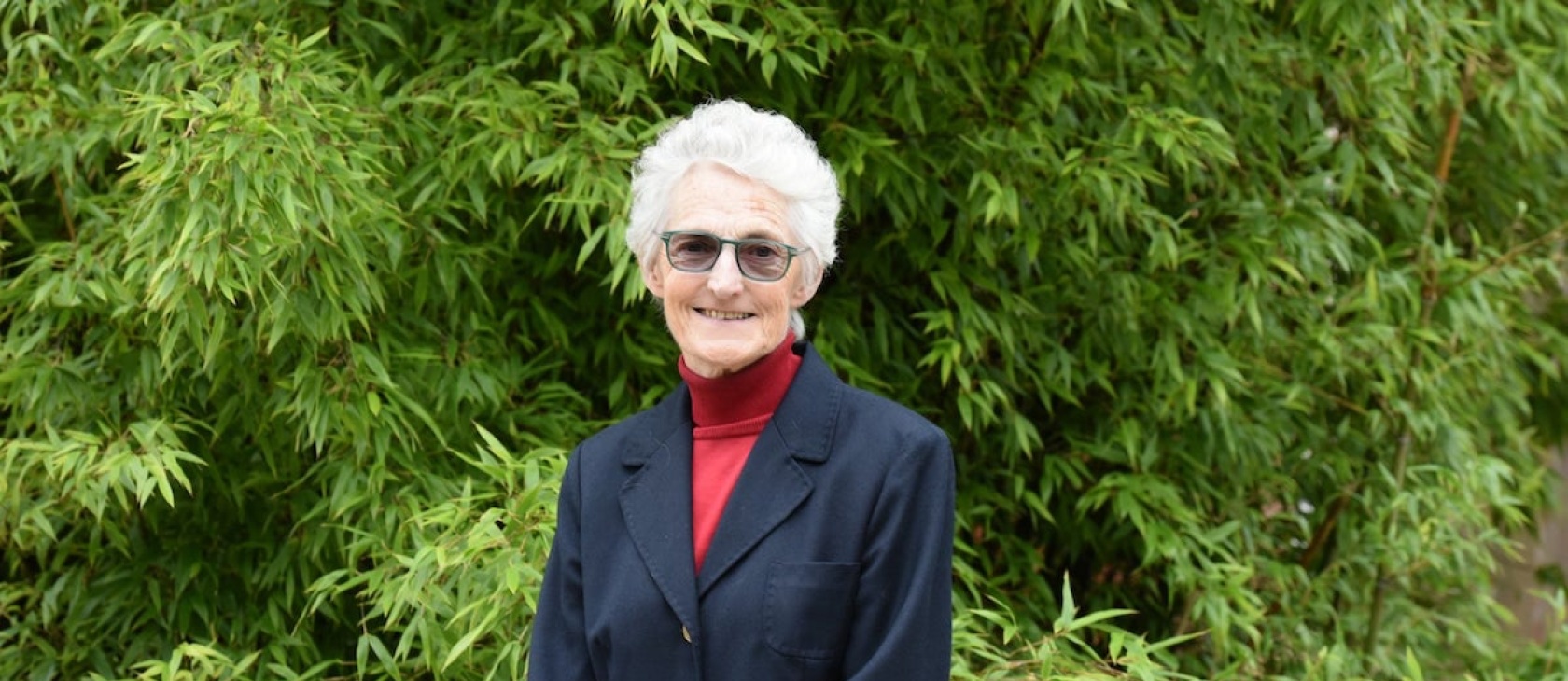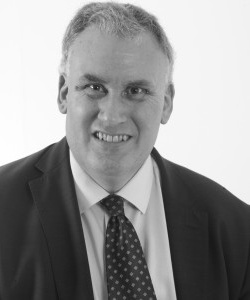A long-time champion of free markets and individual liberty, Linda Whetstone passed away on December 15, 2021, shortly after participating in the Atlas Network’s Freedom Forum and Liberty Dinner, age 79. If there could have been a more fitting final gathering for Whetstone, it’s hard to think of one. Founded by her father, entrepreneur Sir Antony Fisher, the Atlas Network proudly proclaims its mission to “remove barriers to opportunities and empower individuals,” which perfectly summed up Whetstone’s life-long driving passion.
Born November 17, 1942, in Binfield, Berkshire, England, Whetstone earned an economics degree from the University of London. Her considerable influence on economic ideas was felt throughout numerous spheres, from the religious to the political, in fact anywhere where the principles and practices of a free society would act as a catalyst to promote human flourishing. Among her many commitments, Whetstone served as chairman of both the aforementioned Atlas Network and the board of Free Social Networks (through which she helped share tens of thousands of “Ideas of a Free Society” CDs in more than 60 countries). She was also past president of the Mount Pelerin Society, whose founders include Milton Friedman, Friedrich Hayek, and Ludwig von Mises). The Society had always been close to her heart; she was just 17 years old when she attended her first meeting with her father. She also served as chairman and past president of her local Conservative Association.
Lest it be thought she existed purely in the realm of ideas, Whetstone and her husband, Francis, who served as a Conservative councillor, were also farmers who experienced firsthand the dead hand of subsidy with the Common Agricultural Policy of what was then the European Economic Community (later the European Union). She regarded the regime of subsidy as pernicious. She and Francis finally left farming altogether.
Remarkably Whetstone also found time to bring her considerable skills into the equestrian world. She loved riding and horses and became involved with dressage. She applied her skills here with the same passion and effectiveness as in the social, economic, and political spheres. She helped train judges, held numerous positions within British Dressage, and was the association’s chairman at the time of her death. She was also involved in restructuring the British Equestrian Federation, of which she was chairman for four years. Whetstone changed the sport that she loved with improved training, better governance, and new and innovative ideas.
I regard it as a privilege to have attended what was one of her last events in the U.K., a seminar on “Property Rights in Modern Islamic Countries.” Whetstone moderated with her usual wisdom and modesty, but also great insight into issues around Islam and finance. As I listened to her observations and responses, it was the breadth of her passion for liberty that struck me, alongside a genuine humility.
Linda’s interest in promoting liberty and freedom in an Islamic context further illustrates her pioneering spirit. She co-founded what became the Islam and Liberty Network, aimed at bringing together scholars and others concerned for the principles of freedom and liberty within Islam. She co-edited Islamic Foundations of a Free Society, published by the Institute of Economic Affairs. She recognized the central importance of free markets in religious contexts, whether her own Christian faith, Islam, or any other. She resisted the obsessions of governments, NGOs, churches, and charities with intergovernmental aid as a solution to poverty; only enterprise and free trade would lead to real transformation.
If there is one theme that knits together all of Whetstone’s many skills and accomplishments, it’s that she understood the value of an institution. Many pioneers in the world of ideas have failed in the past because they did not give enough attention to the ongoing transmission of the ideas themselves. Whetstone recognized the need for networks, not as end in themselves but as vehicles for the promotion, development, and spread of vital ideas and principles. To her, liberty, freedom, markets, and liberalism in its true and empowering form were not just laudable goals but opportunities to transform the world. She was an innovator and pioneer dedicated to the transformational power of these ideas, which she wanted spread far and wide so that all people, of whatever faith, geographical location, or socioeconomic standing, might flourish.








